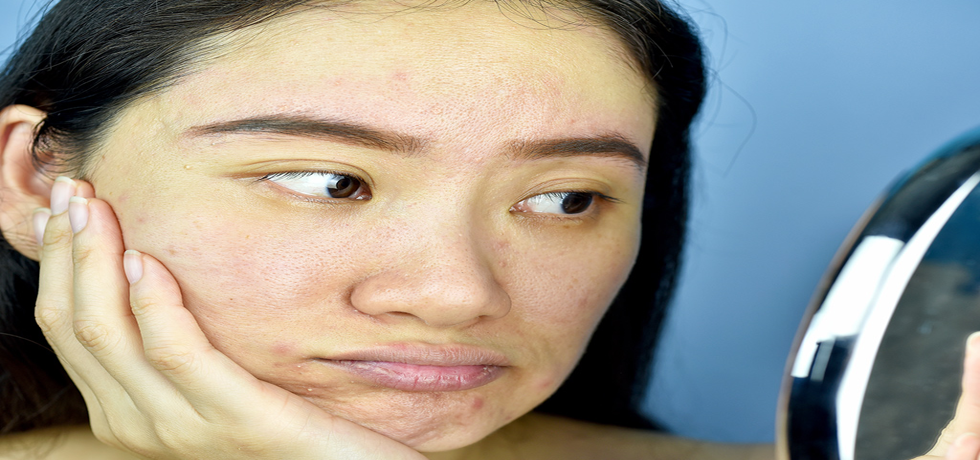
Is Indian Skin More Prone to Acne? The Truth Unveiled
Understanding Acne in Indian Skin
The Role of Melanin
In Indian skin, which tends to have a higher concentration of melanin, there are specific challenges in acne management. Darker skin tones not only face the same acne-related issues but are also more susceptible to post-inflammatory hyperpigmentation, which can leave behind dark spots even after the acne has cleared. This unique aspect makes it vital for individuals with Indian skin to approach acne treatment differently, considering the possibility of post-acne discoloration.
Diet and Its Impact on Acne
The traditional Indian dietthat includes dairy, spices, and high glycemic index foodsplays a significant role in skin health. Dairy, in particular, has been correlated with exacerbating acne due to the hormones it contains. To mitigate acne breakouts, it may be beneficial for individuals to reassess their dietary choices and reduce their intake of such products. This change in diet remains a crucial step in an effective acne care routine tailored for Indian skin.
Skin Care Products and Ingredients
Another factor to consider is the use of comedogenic skincare products. Many individuals unknowingly use products that can clog pores, leading to further breakouts. It’s important to reach for non-comedogenic moisturizers and sunscreens, especially during intense summer months when sweat and humidity can aggravate acne. Consulting with dermatologists can help tailor a skincare line that fits individual needs and skin types.
The Effects of Sun and Seasonal Changes
In a country where sunlight can be quite harsh, UV exposure can compromise skin health. Prolonged sun exposure may contribute to the worsening of acne, making the regular use of sunscreen crucial. Always opt for a non-comedogenic formula to avoid unwanted breakouts while still protecting your skin from sun damage. Additionally, as temperatures rise, sweating can exacerbate acne, necessitating adjustments in skincare as seasons change.
Stress and Skin
Stress is a known trigger for many skin issues, including acne. Emotional stress can worsen skin health and lead to breakouts. Its essential for individuals, especially women who may feel societal pressures regarding appearance, to prioritize mental health and stress relief. Incorporating stress management techniques can facilitate overall wellness and improve skin health.
Conclusion
While Indian skin may experience unique challenges related to acne, the key lies in adopting a tailored skincare routine that addresses specific needs. Prioritizing skin health through dietary changes, using appropriate skincare products, protecting against sun exposure, and managing stress are all actionable steps that can minimize acne. Always consider consulting a dermatologist for personalized advice and treatment options that suit your skin type.
For professional assistance and expert advice from leading dermatologists like Dr. Hital Patel, experience the benefits of treatment for acne with Hair & Skin Specialist Dr. Hital Patel at The Skin Artistry. Our clinics in PDPU Gandhinagar, Vastrapur Ahmedabad, and Hyderabad (Visiting Consultant) offer top-quality care and personalized treatments. Visit us today to learn more about our services and take advantage of our special offers! For more insights, updates, or to collaborate, stay connected with The Skin Artistry.

